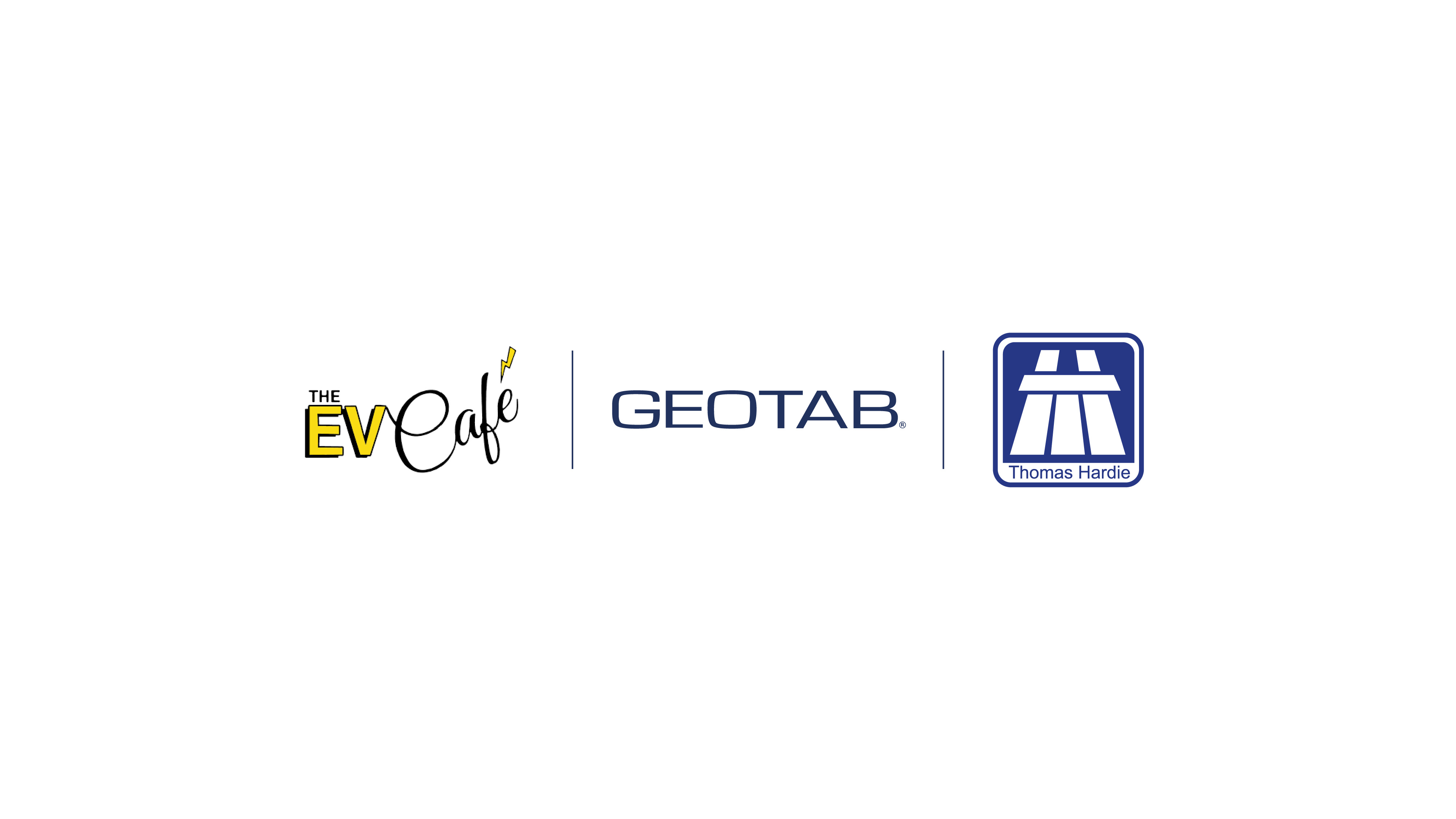Geotab selected as sole telematics provider for the State of California
World’s connected transportation leader to roll out telematics technology throughout the State of California.
March 2, 2022
•1 minute read

Toronto, ON, May 15, 2019 – Geotab, a global leader in IoT and connected transportation, today announced it has been awarded a single-source Blanket Purchase Agreement (BPA) to supply the State of California and participating local government agency fleets with a fully integrated, best-in-class telematics solution. As part of the State’s goal to promote a reliable, environmentally responsible and cost-effective fleet, Geotab’s award-winning technology will be available to all state, municipal and county fleets.
“This award comes after a rigorous three-year process with contributions from many state and local agencies and departments,” stated Neil Cawse, CEO, Geotab. “Being selected as the sole-source telematics provider for the State of California helps to formalise Geotab’s position as the trusted leader preferred by state, local and federal government agencies throughout the U.S.”
The State of California has recently introduced several green initiatives targeted at improving fleet operations, and in particular reducing harmful environmental impact. To measure success, ensure effectiveness and improve overall fleet efficiency, the State’s Sustainability Roadmap identified that a centralised telematics program is needed to help reduce fossil fuel usage, improve vehicle utilisation and reduce operating costs.
Having recently announced the launch of its GO9 telematics device, Geotab’s solution is unique to the industry, equipping fleets with the ability to do more with their data today and into the future. Through this new contract, Geotab has the opportunity to equip California state and municipal agency vehicles with its award-winning fleet management solution. Adding to the company’s recent contract-winning portfolio, Geotab announced earlier this year that the General Services Administration (GSA) awarded the company the largest telematics contract in history, right on the heels of the industry leader becoming the first telematics company to receive FIPS 140-2 validation for its cryptographic library.
“Geotab is uniquely positioned to offer California state and local agencies an open telematics platform that can be used to help improve efficiency, intelligently electrify their fleets, reduce GHG emissions, optimise winter operations, streamline regulatory reporting and compliance and much more,” added Jean Pilon-Bignell, Associate Vice President, Government and Smart City at Geotab. “We are confident that this partnership will not only help optimise fleet operations, but will also give regional governments unprecedented access to a leading edge computing and analytics platform that can put connected-vehicle data to use within a myriad of smart city and smart state initiatives.”
Media Contact
pr@geotab.com
About Geotab
Geotab is a global leader in connected vehicle and asset solutions, empowering fleet efficiency and management. We leverage advanced data analytics and AI to transform fleet performance, safety, and sustainability, reducing cost and driving efficiency. Backed by top data scientists and engineers, we serve over 55,000 global customers, processing 80 billion data points daily from more than 4.7 million vehicle subscriptions. Geotab is trusted by Fortune 500 organisations, mid-sized fleets, and the largest public sector fleets in the world, including the US Federal Government. Committed to data security and privacy, we hold FIPS 140-3 and FedRAMP authorisations. Our open platform, ecosystem of outstanding partners, and Marketplace deliver hundreds of fleet-ready third-party solutions. This year, we're celebrating 25 years of innovation. Learn more at www.geotab.com/uk, and follow us on LinkedIn or visit our blog.
Related News

Geotab and BYD Trucks Europe announce integration to advance sustainable fleet management solutions
July 2, 2024
1 minute read

February 27, 2024
1 minute read

Geotab and Driving for Better Business Forge Partnership to Promote Driver Safety
April 13, 2023
1 minute read

January 31, 2023
2 minute read
